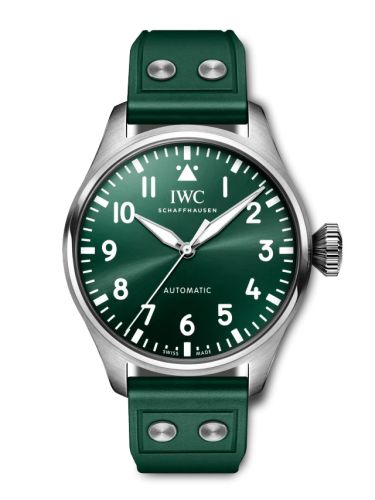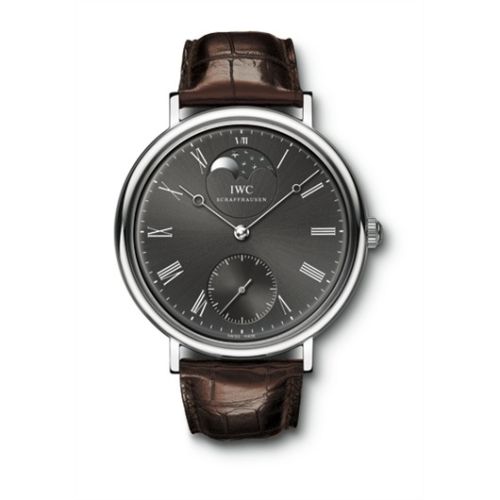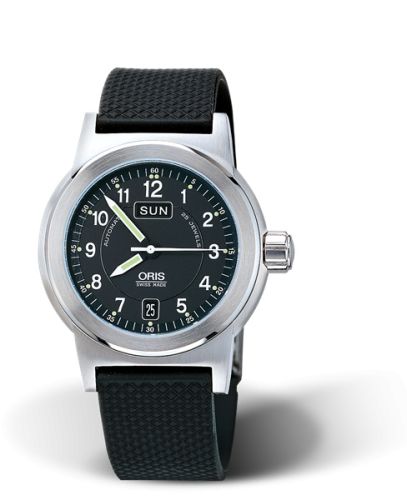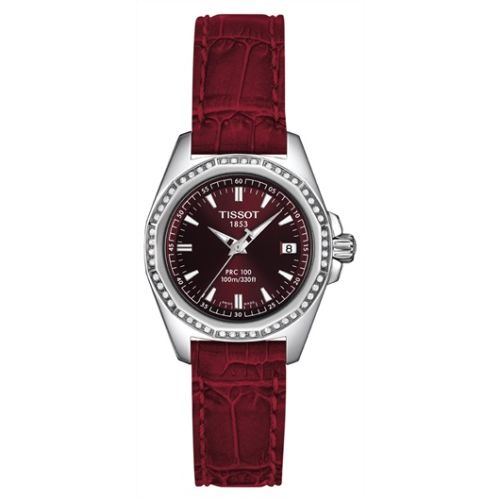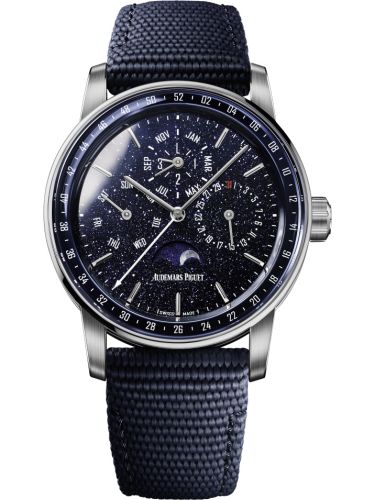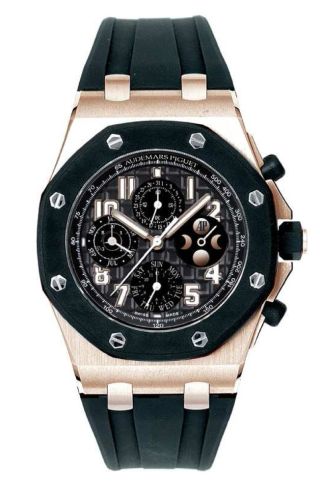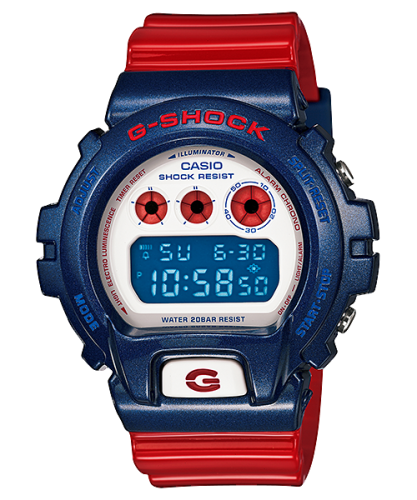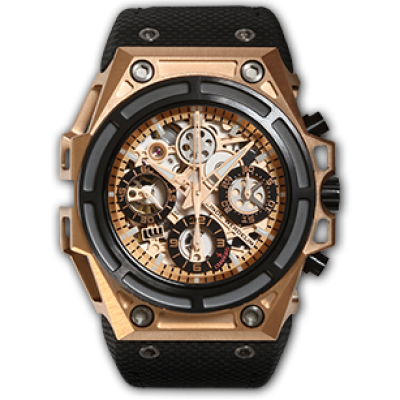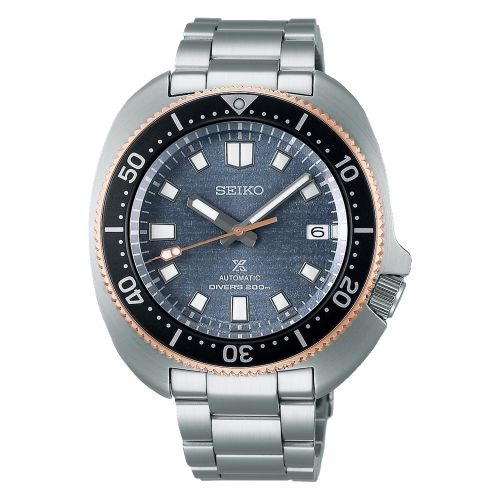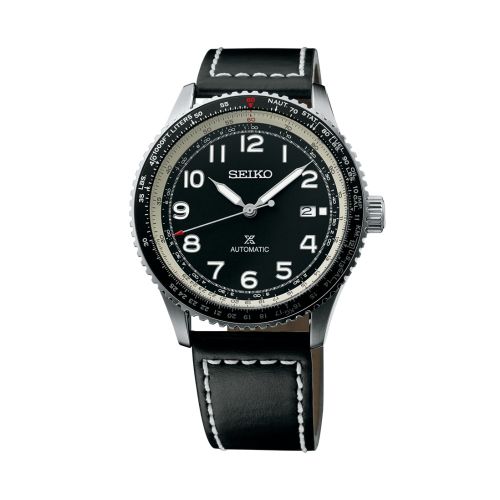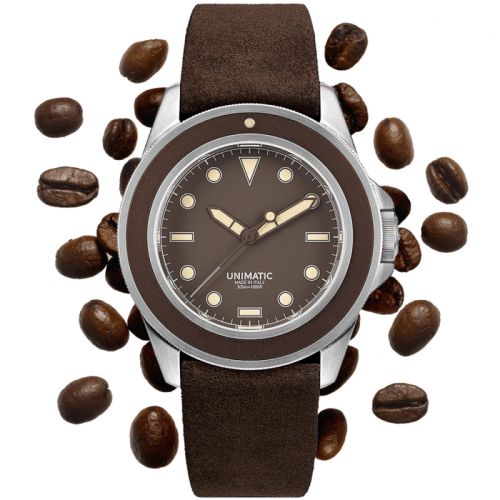
How do international warranties work for watches?
When purchasing a luxury watch, many buyers often wonder about the implications of international warranties. An international warranty typically accompanies high-end watches, providing customers with a sense of security regarding potential repairs or servicing. This assurance is vital, especially for those who travel frequently or purchase watches from international retailers.
International warranties are generally issued by the manufacturer and cover defects in materials and workmanship for a specified period, often ranging from two to five years. This coverage means that if your watch experiences issues that are not due to misuse or accidental damage, you can seek repairs at authorized service centers worldwide. However, it’s important to carefully read the warranty terms, as coverage can vary significantly between brands.
To activate the warranty, most manufacturers require you to complete a warranty card or register your watch online shortly after purchase. This step is crucial, as it establishes your ownership and the date of purchase, which can be pivotal if you need to make a claim. The warranty card often needs to be presented alongside the watch during service, so keeping it in a safe place is advisable.
When traveling with your watch, it’s reassuring to know that if something goes wrong, you can approach authorized dealers or service centers in different countries. However, not all service centers may be equipped to handle every brand, and some might only perform limited repairs. It's wise to check the manufacturer's website or contact customer service to ensure that you know where to go for warranty service while abroad.
While international warranties can provide peace of mind, they often exclude certain types of damage, such as those resulting from water exposure, impacts, or mishandling. Additionally, some brands may require that your watch undergoes regular servicing at specific intervals to keep the warranty valid. This means that while your watch might be covered for defects, any damage due to neglect or improper care could void the warranty.
Another aspect to consider is that international warranties are typically non-transferable. This means that if you decide to sell your watch, the new owner may not be able to benefit from the remaining warranty period. Therefore, if you plan to sell or gift the watch in the future, it’s worth considering how the warranty will affect its resale value.
In conclusion, understanding how international warranties work for watches is essential for any buyer. They provide valuable protection against manufacturing defects and can be a significant advantage for travelers. However, being aware of the warranty's limitations and requirements is crucial to ensure that you maintain its validity and get the most out of your purchase. Always keep your warranty documentation safe and familiarize yourself with the specific terms related to your watch brand to navigate any potential issues seamlessly.


